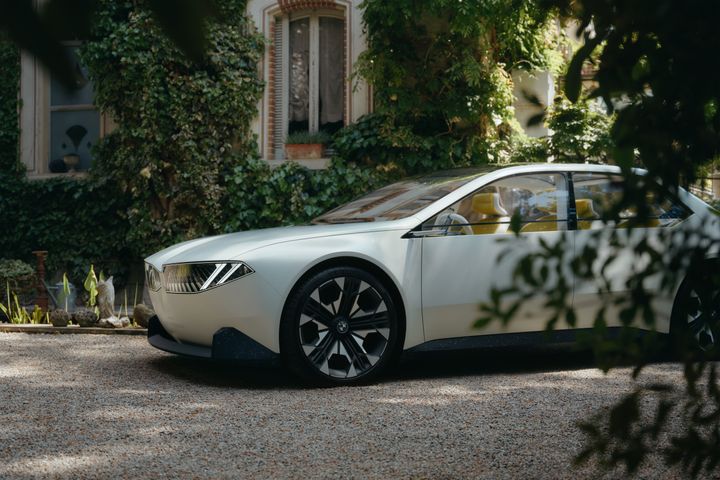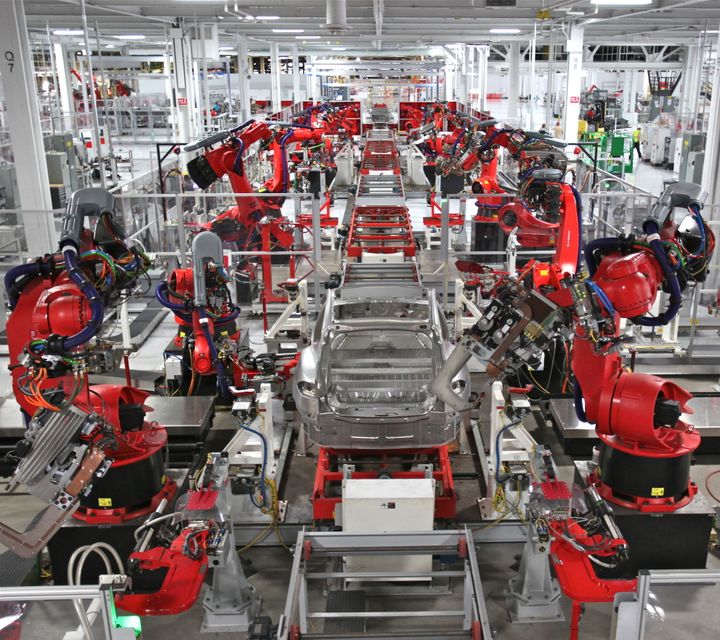EU Launches Anti-Subsidy Investigation into Chinese Electric Vehicle Imports, China Cries Foul
EU launches anti-subsidy probe into Chinese electric vehicle imports, citing concerns of unfair competition due to state subsidies. China criticizes it as protectionism. Rising Chinese EV exports to Europe fuel the debate; potential tariffs could reshape global EV market dynamics.

Brussels, 13th Sept. 2023: The European Union (EU) has initiated an anti-subsidy investigation into Chinese electric vehicle (EV) imports. The European Commission, led by President Ursula von der Leyen, asserts that these imports are undercutting local models by as much as 20% and benefiting from substantial state subsidies, thereby distorting competition. However, China swiftly condemned the probe as "sheer protectionism."
EU's Concerns and Motivation
The European Commission has voiced concerns that "global markets are now flooded with cheaper Chinese electric cars, and their price is kept artificially low by huge state subsidies." The EU's inquiry into these subsidies comes at a time when Chinese EVs are increasingly making inroads into European markets, posing a potential threat to local manufacturers.
Chinese Response: Allegations of Protectionism
Beijing's top official for European affairs, Wang Lutong, took to social media to challenge the EU's stance. Wang cited statistics from the European Automobile Manufacturers' Association (ACEA), noting that "many EU members subsidise their electric vehicle industries." He labelled the EU's investigation as "sheer protectionism," arguing that this move would hinder free and fair competition.
Rising Chinese EV Exports to Europe
Customs data analysis by the South China Morning Post reveals a substantial surge in Chinese electric vehicle shipments to the EU. In the first seven months of 2023, these shipments jumped by 113% compared to the same period in the previous year, marking a 3,205% increase from 2020. The increasing presence of Chinese EVs in Europe has fuelled concerns about potential market distortion.
EU Political Leaders' Support and Business Groups' Mixed Reactions
While some European political leaders have enthusiastically supported the EU's inquiry, including French Economy Minister Bruno Le Maire and German Economic Minister Robert Habeck, business groups have had a more cautious response. The German Association of the Automotive Industry called for a comprehensive assessment, considering potential damages and common interests, as well as possible reactions from China.
ACEA's Stance
European Automobile Manufacturers Association, The ACEA has welcomed the EU's investigation, viewing it as a positive signal recognising the challenges faced by European auto manufacturers due to what they perceive as distorted competition. They highlight that China's cost-competitive imports have already impacted European auto makers' domestic market share.
China's Opposition and Defence
The China Chamber of Commerce to the European Union, representing Chinese businesses in the EU, expressed strong opposition to the investigation. They emphasised that Chinese EV manufacturers have been at the forefront of innovation and that their competitive advantage is not solely a result of state subsidies.
Implications and Future Scenarios
The EU's investigation into Chinese EV subsidies raises questions about the potential consequences for trade relations between the two economic giants. If the EU decides to impose tariffs above the standard 10% rate for cars, it could ignite a trade war with China. Meanwhile, China's increasing global presence in the EV market signifies intensified competition and changing dynamics in the industry.
As the investigation unfolds over the next few months, the automotive industry will closely watch how these developments impact the global electric vehicle market and trade dynamics between the EU and China. It remains to be seen whether a resolution can be reached that satisfies both parties and ensures a level playing field for all stakeholders in this rapidly evolving sector.




 Industry Inscript is a subsidiary of Valiant and Company Ltd.
Industry Inscript is a subsidiary of Valiant and Company Ltd.
Comments ()